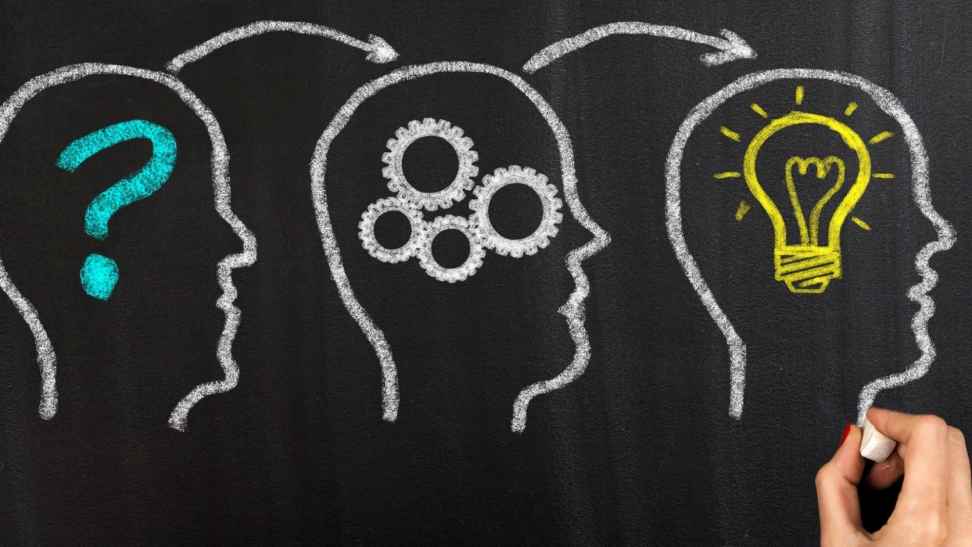King 567, Betbhai247, Apbook247: Emotional Intelligence involves self-awareness, the ability to recognize and understand our own emotions. This component allows individuals to identify their feelings and how they may influence their thoughts and actions. Self-awareness is crucial for developing emotional management skills and forming healthy relationships with others.
Another key component of Emotional Intelligence is social awareness, which pertains to recognizing and understanding the emotions of others. Being socially aware enables individuals to empathize with others, show compassion, and navigate social interactions effectively. This component plays a significant role in fostering strong interpersonal relationships and building a sense of community and connection.
Understanding and Managing Emotions
Emotions play a significant role in our daily lives, influencing our thoughts, behaviors, and decisions. It is crucial to recognize and understand our emotions to navigate through various situations effectively. By identifying and acknowledging our emotions, we can gain insight into the underlying reasons behind our feelings, enabling us to address them more constructively.
Once we have a better understanding of our emotions, it becomes essential to manage them appropriately. Emotion regulation involves the ability to control and channel our emotions in a way that is beneficial rather than harmful. This skill allows us to respond to challenging situations with resilience and composure, leading to better outcomes in both personal and professional settings. PracTicing emotional regulation techniques such as deep breathing, mindfulness, and positive self-talk can help in effectively managing our emotions.
� Emotions play a significant role in our daily lives
� They influence our thoughts, behaviors, and decisions
� Recognizing and understanding emotions is crucial for effective navigation through situations
� Identifying and acknowledging emotions can provide insight into underlying reasons behind feelings
Once we understand our emotions, it is important to manage them appropriately:
� Emotion regulation involves controlling and channeling emotions in a beneficial way
� Responding to challenging situations with resilience and composure leads to better outcomes
� Practicing emotional regulation techniques like deep breathing, mindfulness, and positive self-talk can help manage emotions effectively
Building Strong Relationships
In nurturing strong relationships, communication plays a pivotal role. Open and honest dialogue fosters understanding and trust between individuals. By actively listening to others and expressing thoughts and feelings clearly, the foundation for a meaningful connection is laid.
Another key aspect of building strong relationships is empathy. Being able to put yourself in someone else’s shoes and understand their perspective allows for better conflict resolution and mutual respect. Empathy creates a supportive environment where individuals feel heard and valued, leading to deeper bonds and stronger connections.
What is emotional intelligence and why is it important in building strong relationships?
Emotional intelligence refers to the ability to recognize, understand, and manage our own emotions as well as those of others. It is crucial in building strong relationships because it allows us to communicate effectively, empathize with others, and resolve conflicts in a healthy manner.
How can I improve my emotional intelligence?
Apbook365, Apbook Login, Goexch777: You can improve your emotional intelligence by practicing self-awareness, self-regulation, empathy, and social skills. This can be done through activities such as mindfulness meditation, journaling, and seeking feedback from others.
How can I better understand and manage my emotions?
To better understand and manage your emotions, you can start by identifying your triggers and patterns of behavior. It is important to practice self-regulation techniques such as deep breathing, exercising, and taking breaks when needed.
What are some ways to build strong relationships with others?
Building strong relationships with others involves active listening, showing empathy, being authentic, and practicing effective communication. It is also important to establish trust, respect boundaries, and prioritize the needs of the other person.

